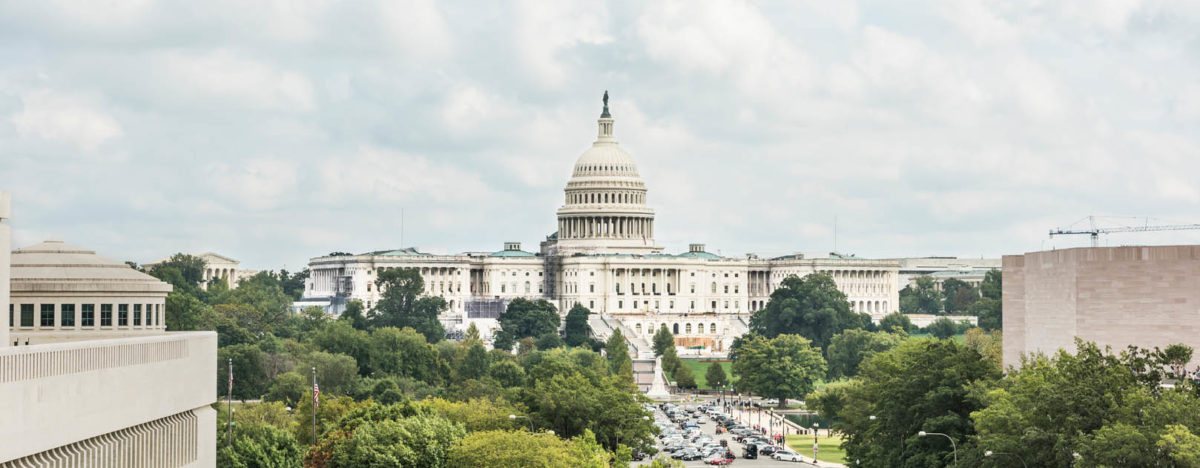Hearing comes just weeks after House approves amendment to prevent federal interference in state cannabis laws; casts spotlight on disproportionate harms caused by current federal policies
WASHINGTON, D.C. – On Wednesday, House lawmakers for the first time held a hearing to address the disproportionate ways in which marijuana prohibition has negatively impacted people of color and marginalized communities. The hearing, entitled “Marijuana Laws in America: Racial Justice and the Need for Reform,” was called by the House Judiciary Subcommittee on Crime, Terrorism, and Homeland Security and exclusively featured testimony from witnesses in favor of sweeping cannabis policy reforms.
“It is imperative that we recognize the disparate and ongoing impact of marijuana prohibition on people of color and the barriers it creates for them to take part in the burgeoning legal cannabis market,” said Aaron Smith, executive director of the National Cannabis Industry Association (NCIA). “Congress should quickly move toward policies that allow legitimate businesses to supplant the illicit market and promote racial equity in the cannabis industry. Removing cannabis from the Controlled Substances Act is a cornerstone of that process.”
Written testimony from NCIA was submitted at the hearing by Rep. Steve Cohen (D-TN), a long time supporter of cannabis policy reform.
The hearing took place following a record number of hearings on cannabis policy reform legislation in the current congressional session, including on improving cannabis industry access to banking services with the SAFE Banking Act and allowing cannabis businesses to access Small Business Administration loans and programs with the Ensuring Safe Capital Access for All Small Businesses Act of 2019. In June, the House approved a spending amendment that would prevent the federal government from interfering in state cannabis programs or targeting businesses and individuals in compliance with state laws.
“Two thirds of all the states have now adopted legalization or medical cannabis policies and it’s time for Congress to finally address the conflicts between state and federal law,” said Steve Hawkins, executive director of the Marijuana Policy Project, a political organization that has played a central role in enacting over half of these state-level policies and joins NCIA in supporting de-scheduling cannabis. “This hearing, which recognizes the racist effects of prohibition, is a positive step forward and we hope it serves as a starting point for real legislative action this year.”
A Gallup poll released in October reported that 66% of Americans support making cannabis legal, including a majority of Republicans. A Quinnipiac poll from April 2018 showed that 74% of voters support legislation protecting states with legal cannabis programs from federal interference.
“Advocates have incredible momentum right now in Congress, and we should use this opportunity to explore and promote the farthest-reaching reforms possible,” continued Smith. “The country is ready to end prohibition, and all options should be on the table as to how we can do so in ways that will help repair the harms caused by these disastrous policies.”
There are currently 47 states that allow cannabis in some form. Thirty-three states and several territories have comprehensive medical cannabis laws, and 11 states as well as the District of Columbia and the territories of Guam and CNMI have made cannabis legal for adults.
###


Follow NCIA
Newsletter
Facebook
Twitter
LinkedIn
Instagram
–